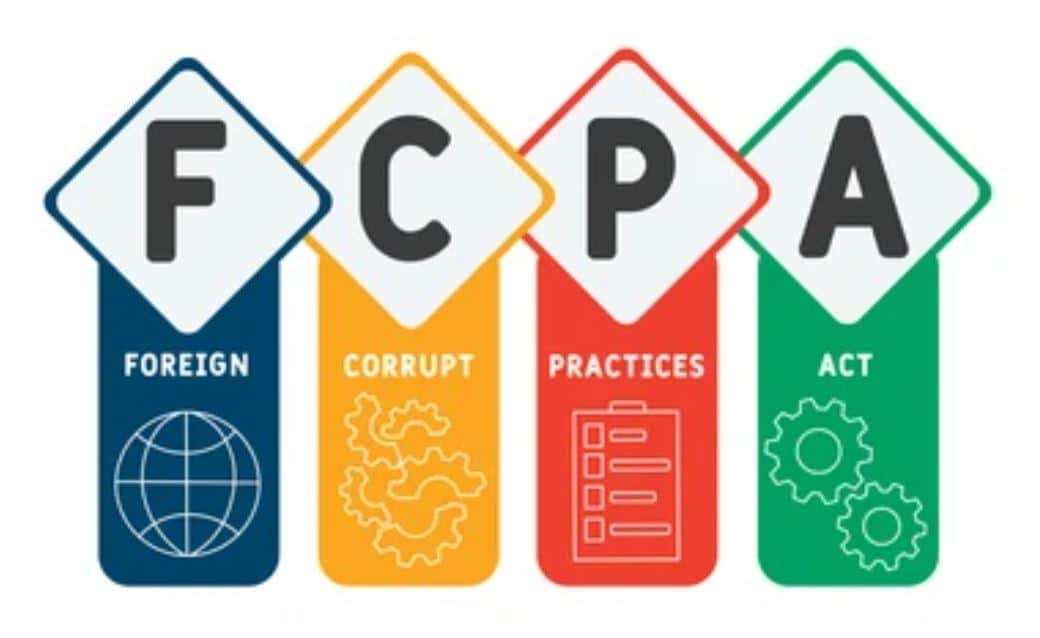
The growth of international markets has brought unprecedented opportunities for businesses to expand their reach, form partnerships, and attract new customers. However, with these opportunities come significant risks. Issues such as supply chain disruptions, pandemic-induced shortages, and rising costs linked to geopolitical events, such as the war in Ukraine, underscore the vulnerabilities of global dependencies. Amid these challenges, businesses must remain vigilant about mitigating the risk of Foreign Corrupt Practices Act (FCPA) violations, which can lead to severe financial and consequences from reputational damage.
Increased Focus on Corporate Enforcement (The Monaco Memo)
The Department of Justice (DOJ) outlined its intent to strengthen corporate criminal enforcement through the Monaco Memo. This directive emphasizes:
Although the language in the memo is intentionally broad, this flexibility may enable stricter enforcement actions and harsher penalties.
The Glencore FCPA resolution illustrates the DOJ's enforcement approach. Under a 2022 plea agreement, Glencore’s CEO and COO were required to certify the company’s compliance program as being “reasonably designed” to prevent violations. However, the lack of detailed guidelines creates significant risks for executives, who could face criminal charges if violations occur later. Penalties for such charges include imprisonment ranging from 5 to 20 years.
The DOJ continues to broaden its enforcement strategy, targeting:
Recent enforcement actions reflect the DOJ and SEC’s intensified focus on FCPA violations:
High-profile cases reinforce the DOJ’s commitment to holding individuals accountable:
With increasing penalties and expanding enforcement priorities, it is critical for businesses to invest in robust compliance programs and conduct thorough due diligence investigations, especially in high growth, high risk regions of the world. These measures are essential to mitigating risks and navigating the evolving regulatory landscape effectively.
From 2015 through 2018, Sharma orchestrated a bribery scheme to secure a $210 million contract for two Airbus A330 aircraft for Nepal Airlines, a government-owned airline, and another contract with a South African Airways subsidiary. (12/19/24)
The following are basic guidelines. Supplementary penalties include: injunction of assets, forfeiture of associated profits, forfeiture of assets, and suspension (or in some instances a ban) from doing business with the government. Unlisted costs are reputational damage, effects on company and staff performance, and loss of future revenue.
To safeguard against FCPA violations and other legal risks, companies need to implement a rigorous compliance program. This should include:
Regular Board and Executive Due Diligence: Routine investigations to assess potential risks at the highest levels of leadership.
Pre-M&A Due Diligence: Conduct thorough due diligence risk assessments before mergers and acquisitions to identify hidden liabilities.
Partner and Supply Chain Vetting: Extend due diligence investigations to vet external associates, supply chains, and business partners.
When hiring abroad or acquiring foreign businesses, Tier III due diligence—conducted by specialized investigative firms—is essential. Unlike standard background checks, these investigations uncover hidden or undisclosed information, including:
Open Source Intelligence (OSINT) and publicly available records provide valuable insights, and cultural and regional nuances must also be considered. Practices that are socially acceptable—or even legal—in one jurisdiction may be unlawful in another. In some cases, on-the-ground intelligence through in-country investigations is critical.
Even when operating internationally, companies with management or financial ties to the U.S. are accountable under the FCPA and related regulations.
Preventative care and transparency are the cornerstones of effective risk management. Companies should:
By prioritizing high-quality, continuous due diligence, organizations can effectively identify international risks, and mitigate risks posed by bad actors, ensuring compliance and protecting their reputation.
These due diligence investigations must be of the highest quality to keep you, your board, your investors, and your business safe and mitigate risk.
Every business must prioritize preventative measures by partnering with a risk management firm that excels in due diligence investigations at both individual and corporate levels. A qualified firm should not only gather data, but possess the expertise necessary to interpret it effectively, with a reach that spans both national and global operations.
Global risk intelligence provides companies with the best tools to effectively mitigate risk and build resiliency in the business’ infrastructure.
Companies often opt for the cheapest option or cut corners on compliance to reduce costs. However, this short-sighted approach exposes them to significant risks, including compliance failures, internal misconduct, security breaches, and violations of government regulations due to inadequate oversight. Additionally there is insufficient risk intelligence information that can be obtained this way which in turn leaves the company exposed to reactive response to threats but also fails to identify new business opportunities which may exist.
Overlooking the critical importance of investing in a robust compliance program is not just a gamble—it’s a recipe for disaster.
To evaluate your company’s risk profile and improve supply chain resiliency contact Infortal to find out more.



